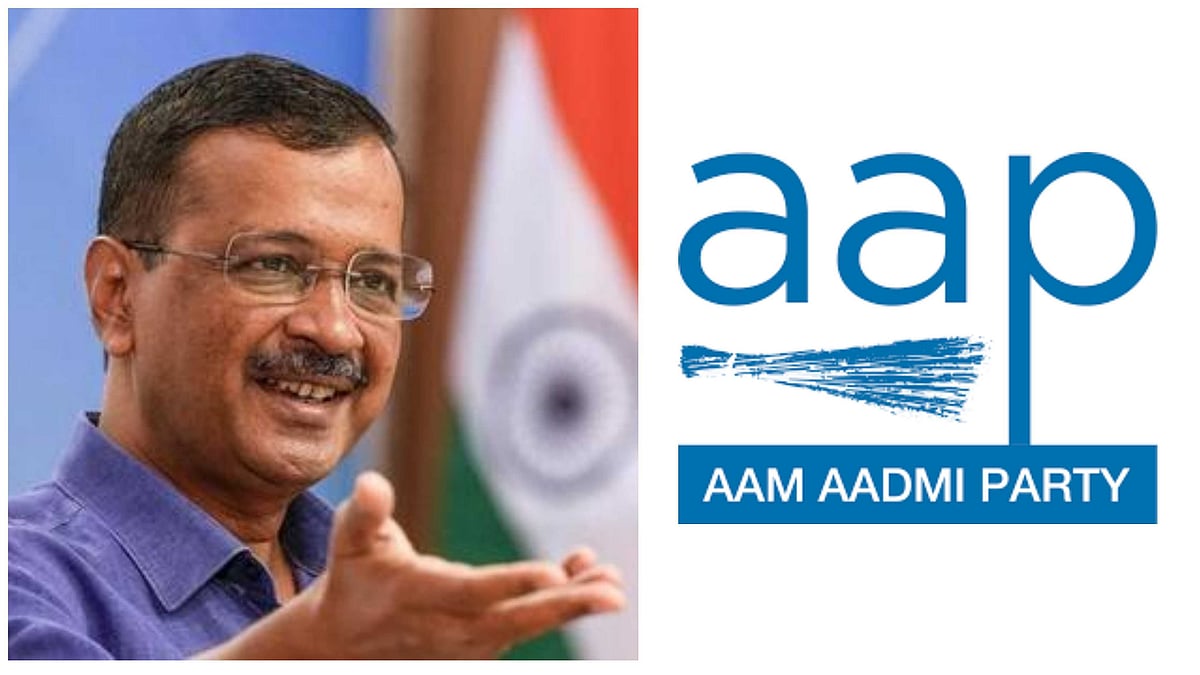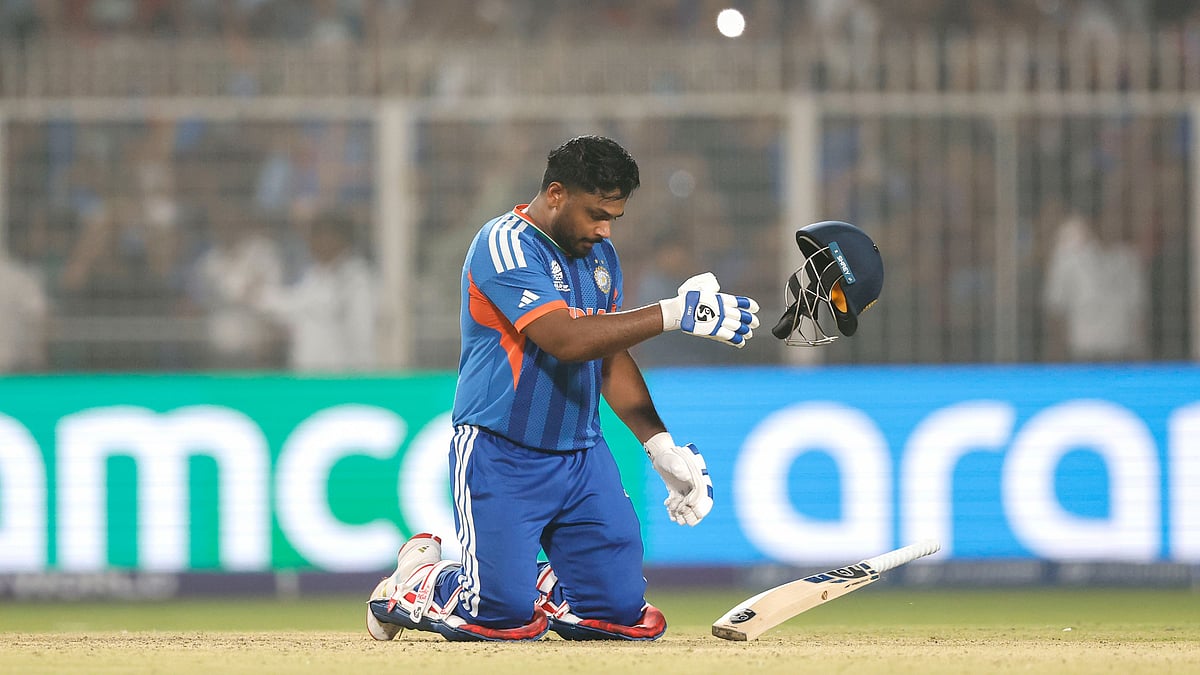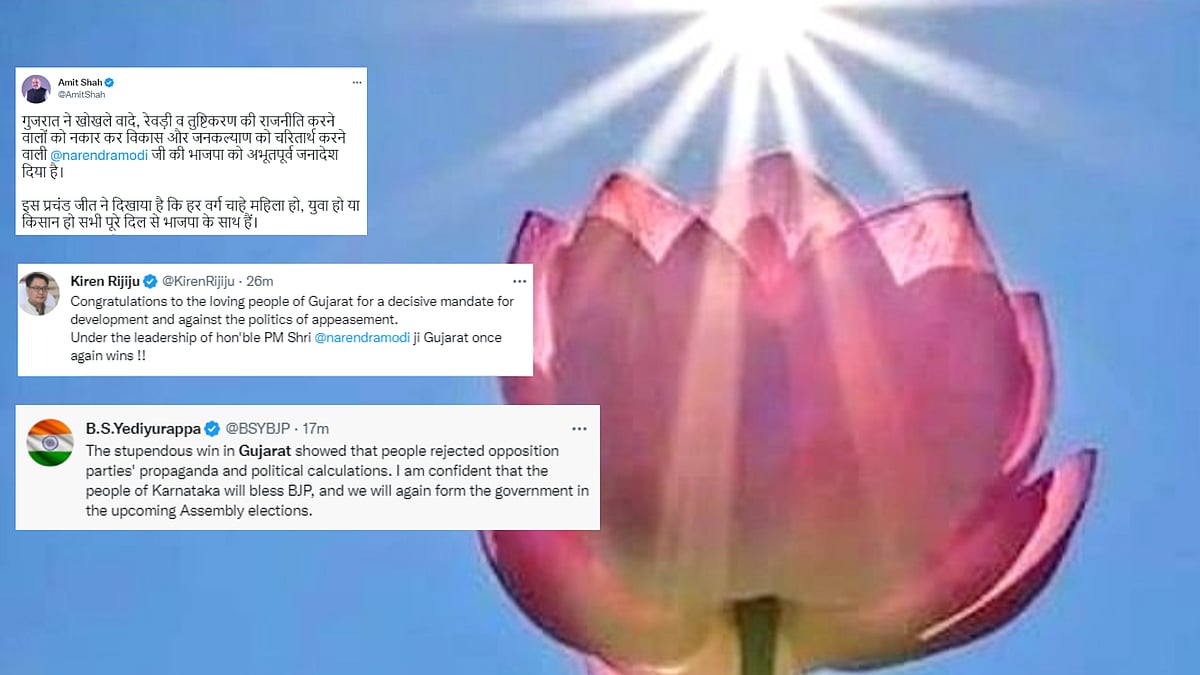With the AAP's government in Delhi and Punjab, the party has achieved the status of a state party and the fate of becoming the national party was dependent on its performance in the Gujarat Assembly polls.
Rules to become national party
According to rules, a political party gets the status of a "State Party" if it secures 6 per cent of the votes polled and two seats in a legislative assembly.
If a party gets the status of a "State Party" in four states, it automatically becomes a "National Party".
The AAP is recognised as a "State Party" in Delhi, Punjab and Goa.
If it secures 6 per cent of the votes polled and two seats in Gujarat, it will earn the tag of a "National Party".
As of now, in Gujarat, AAP has won 4 seats and is leading at one seat with 12.91 percent vote share.
Meanwhile, AAP national convener and Delhi Chief Minister Arvind Kejriwal on Thursday thanked the people of Gujarat for helping his party breach the BJP's Gujarat "fortress", and hoped to win the state in next assembly elections.
In a video message, Kejriwal said though the AAP has not won many seats in Gujarat the votes it got helped it attain the national party status.
What benefits do National Party get?
It gets a reserved symbol for its candidates from across the country
Candidates get dedicated broadcast slots on public broadcasters Doordarshan and All India Radio during the general elections
Can have a maximum of 40 ‘star campaigners’ during a general election
Government bungalow in New Delhi for its national president
Office space at a subsidised rate in the national capital
List of national parties in India
Bharatiya Janata Party (BJP)
Congress (INC)
Communist Party of India (CPI)
Communist Party of India-Marxist (CPI-M)
All India Trinamool Congress (TMC)
Bahujan Samaj Party (BSP)
Nationalist Congress Party (NCP)
National People’s Party (NPP)





